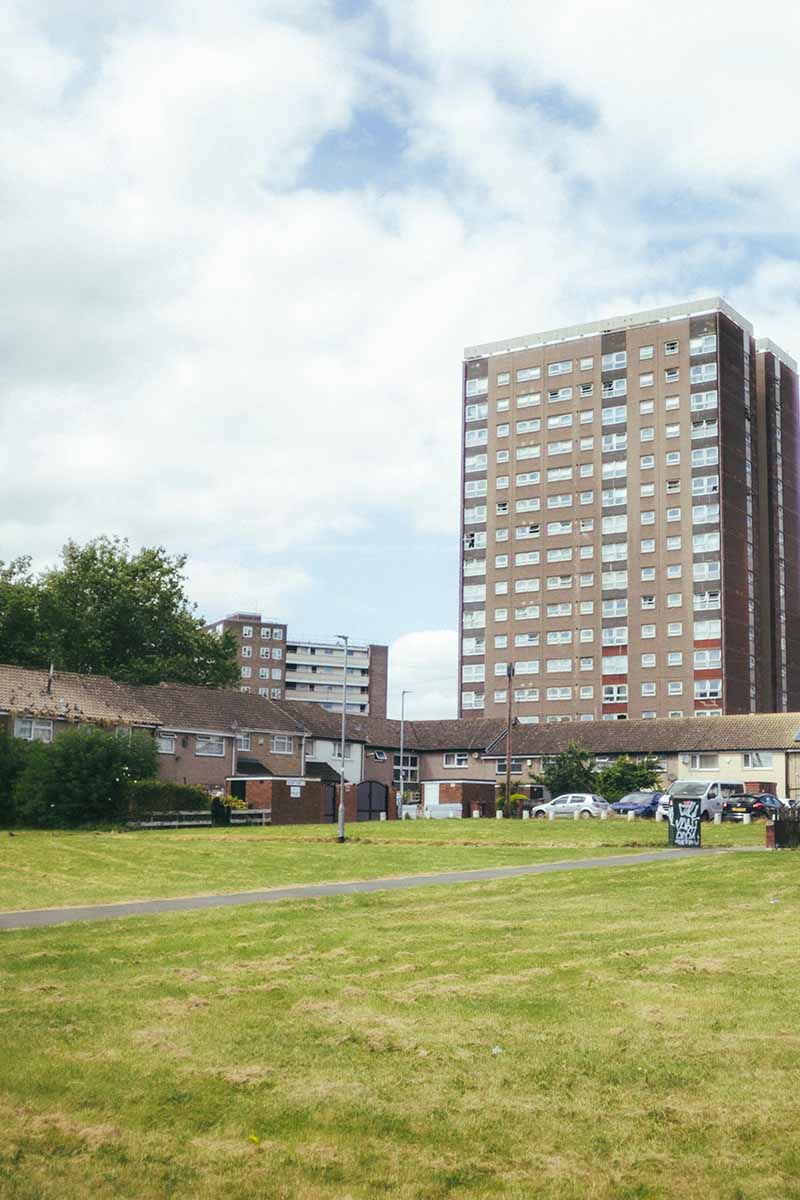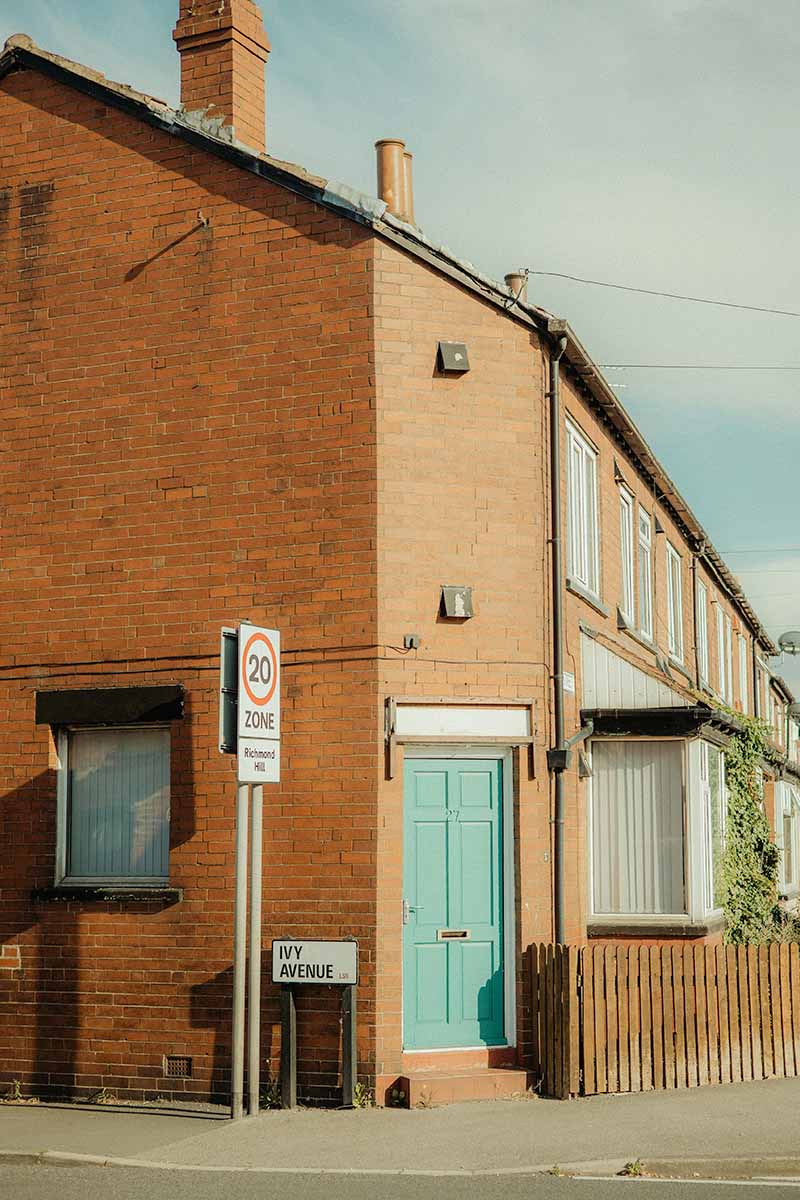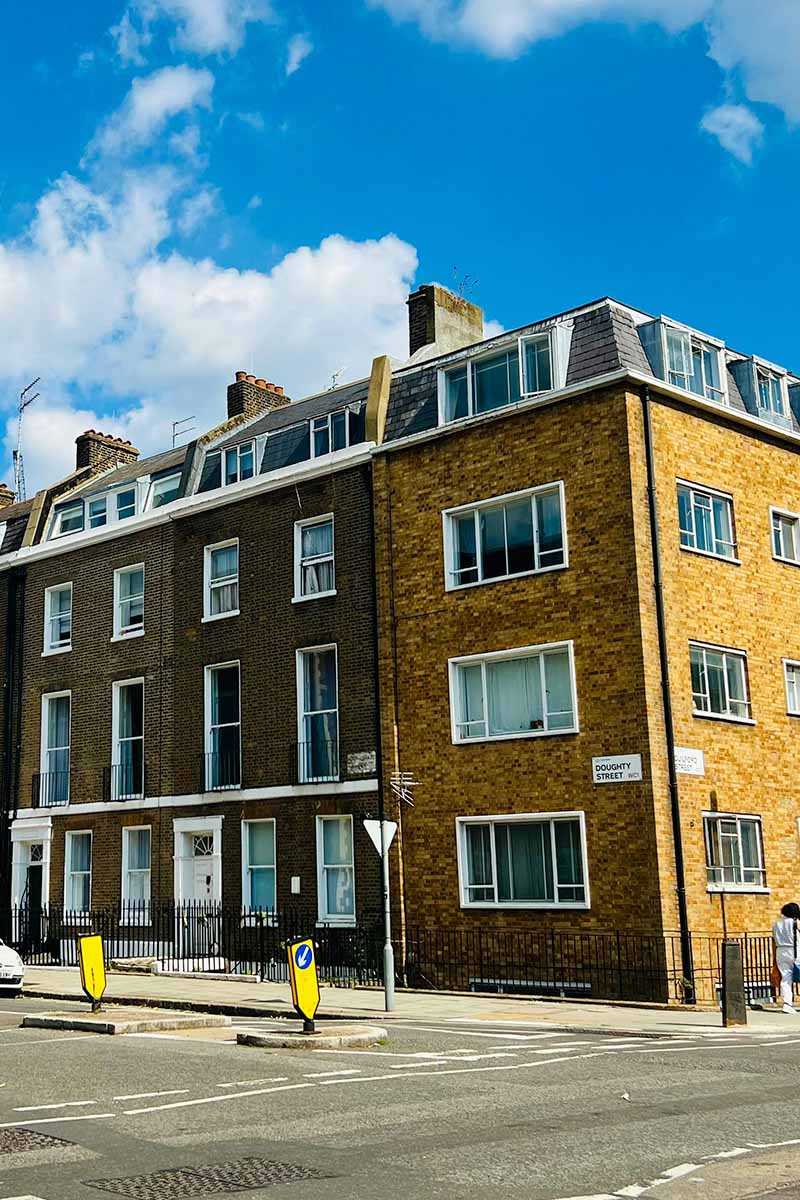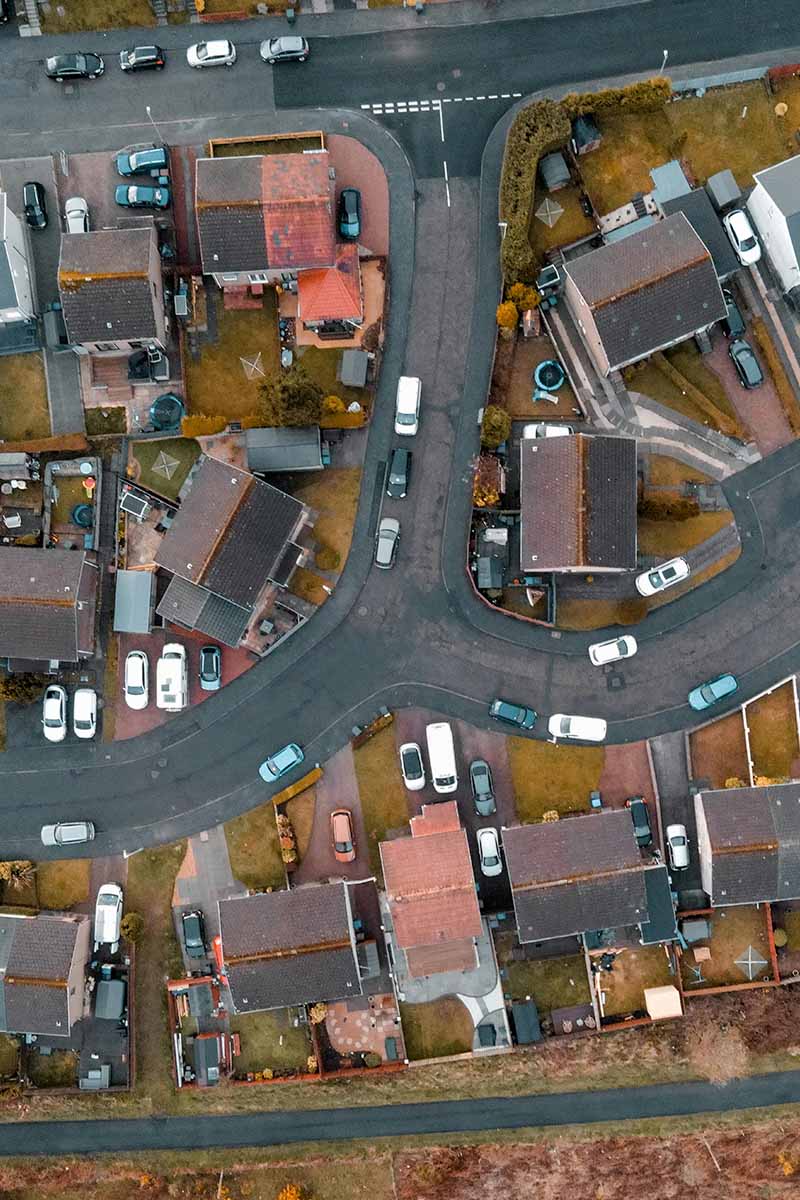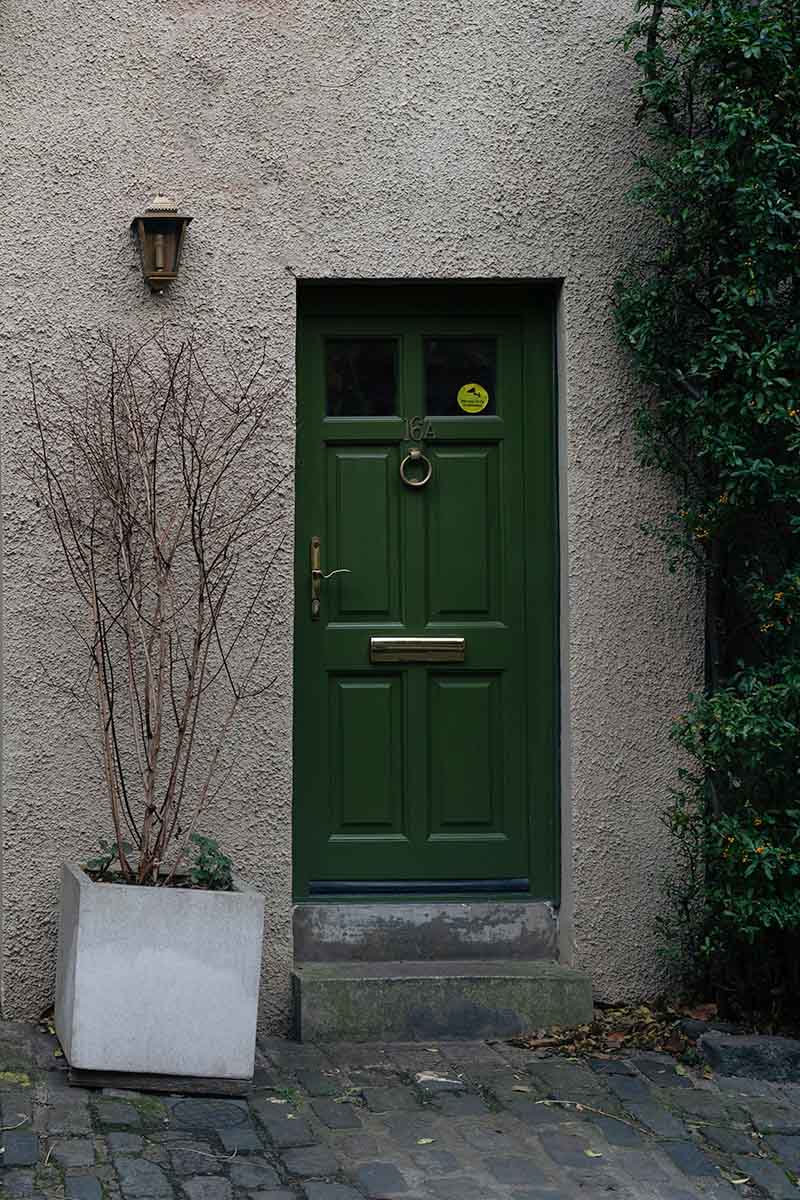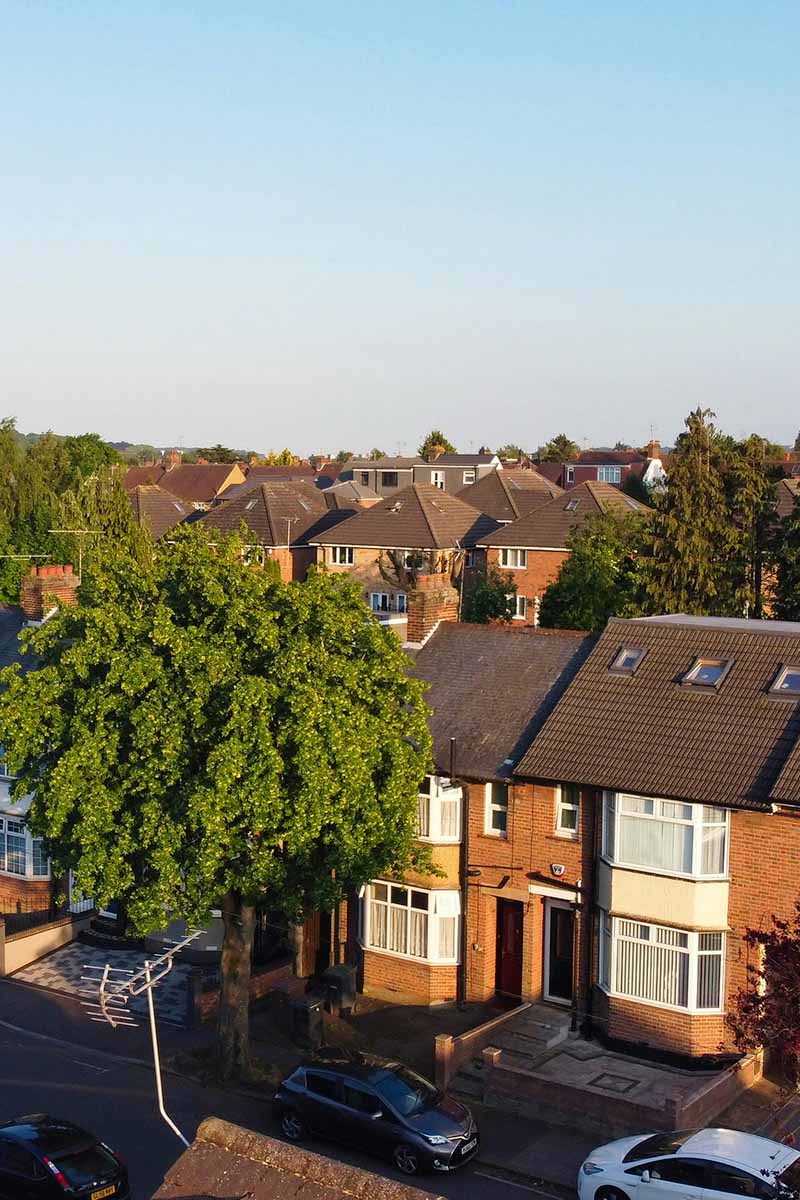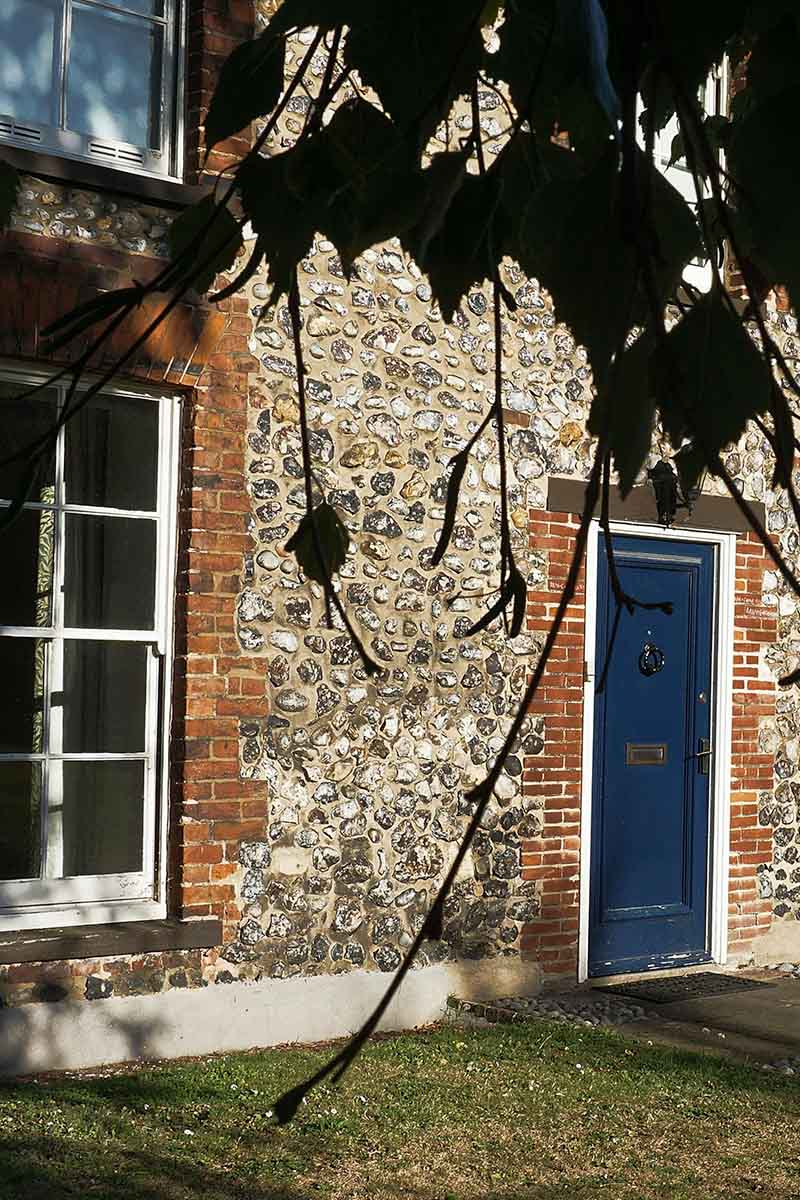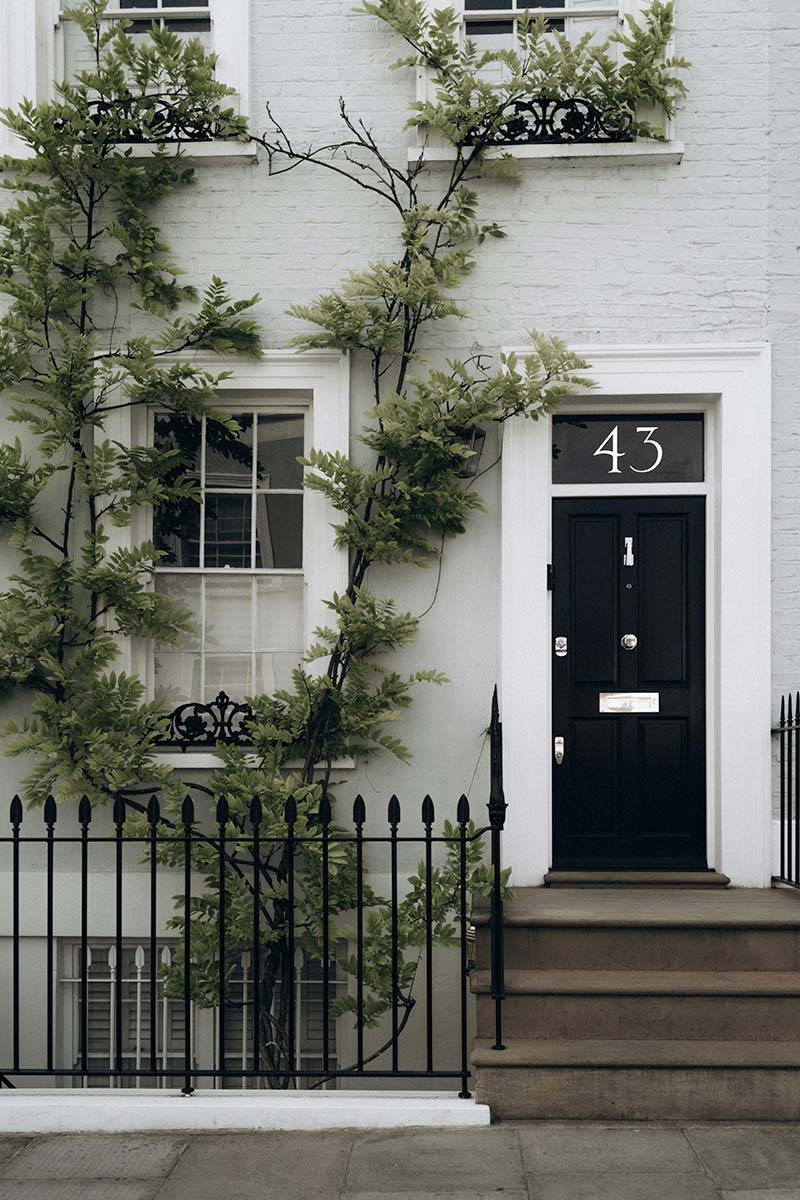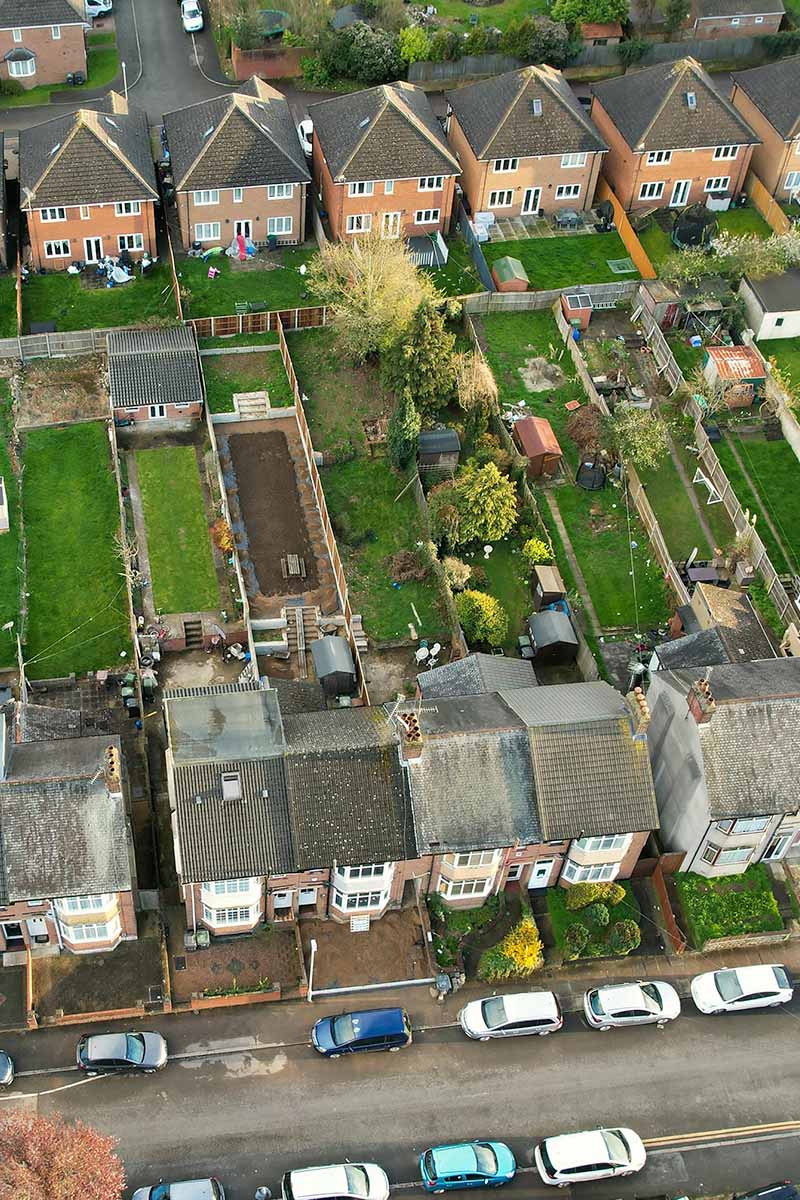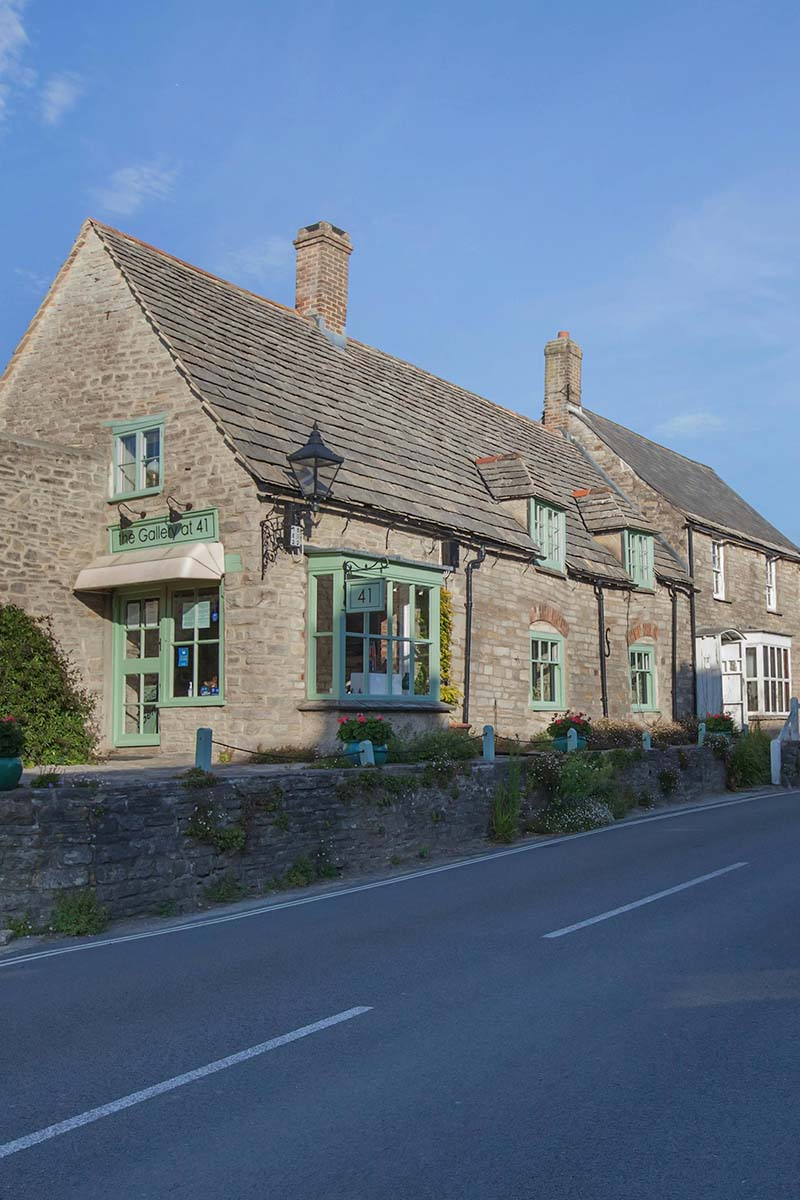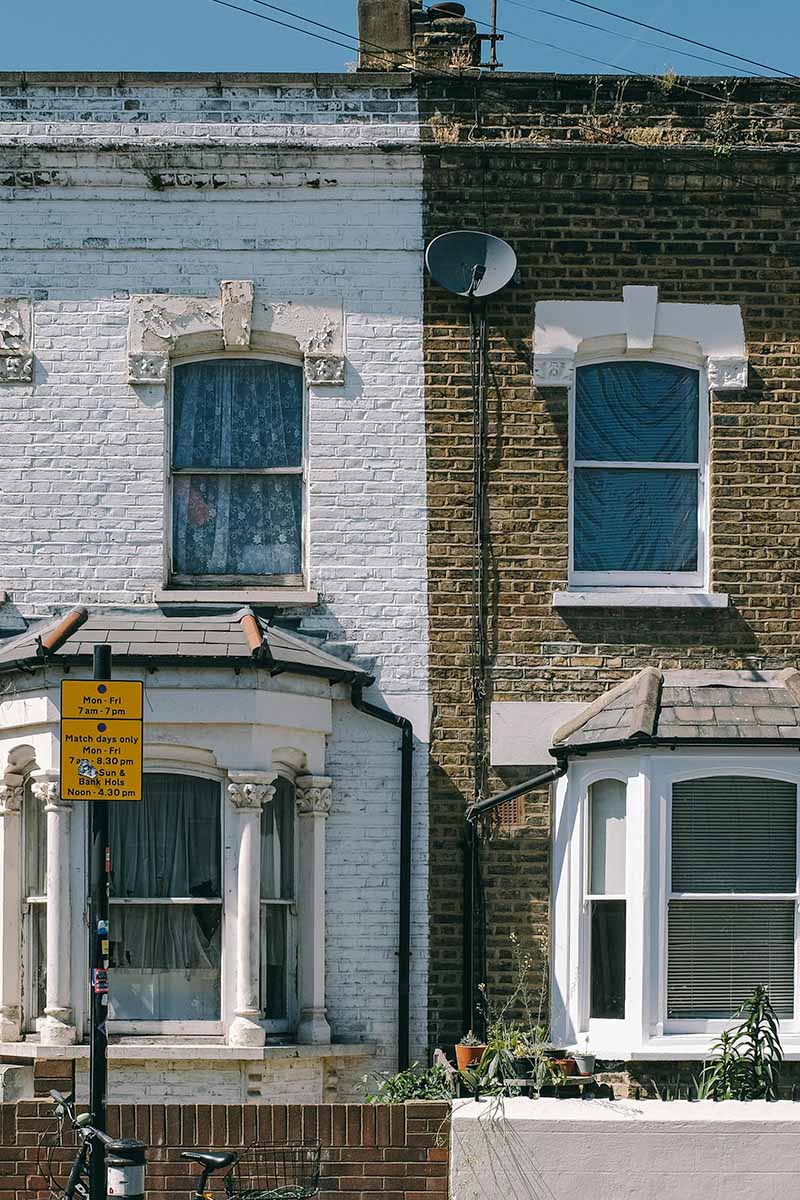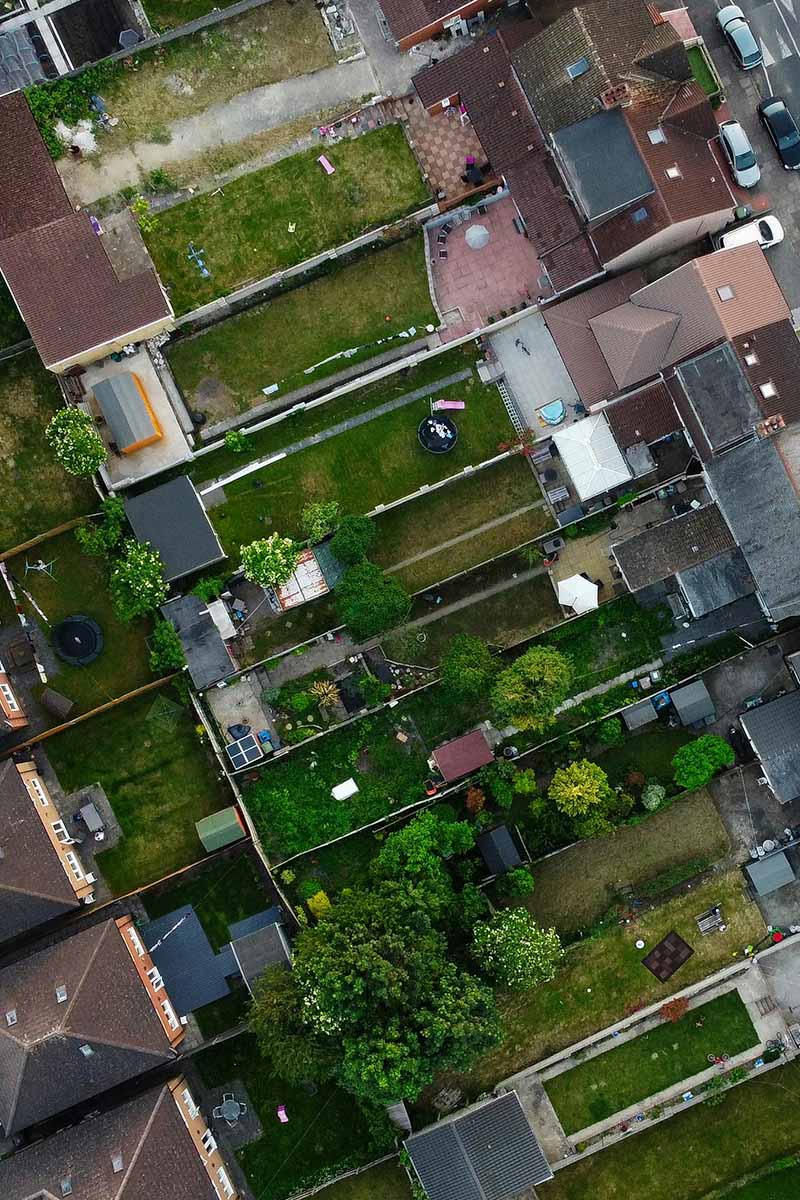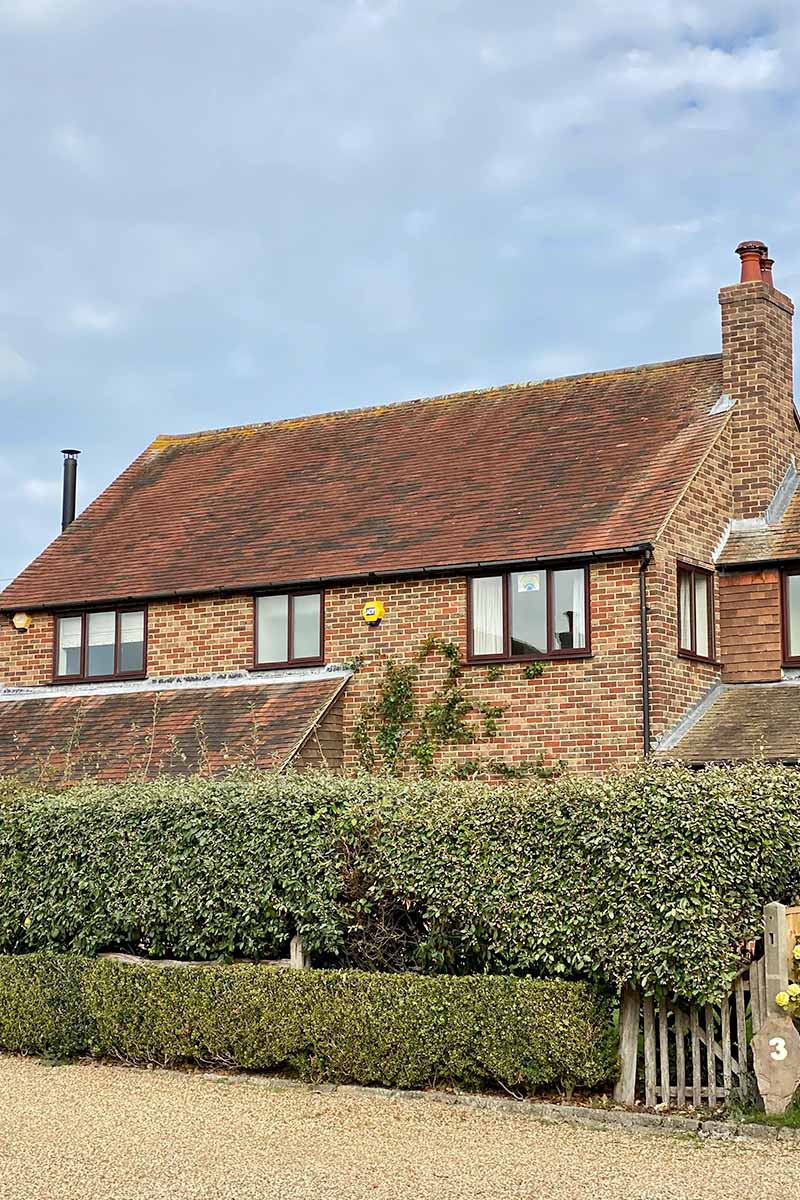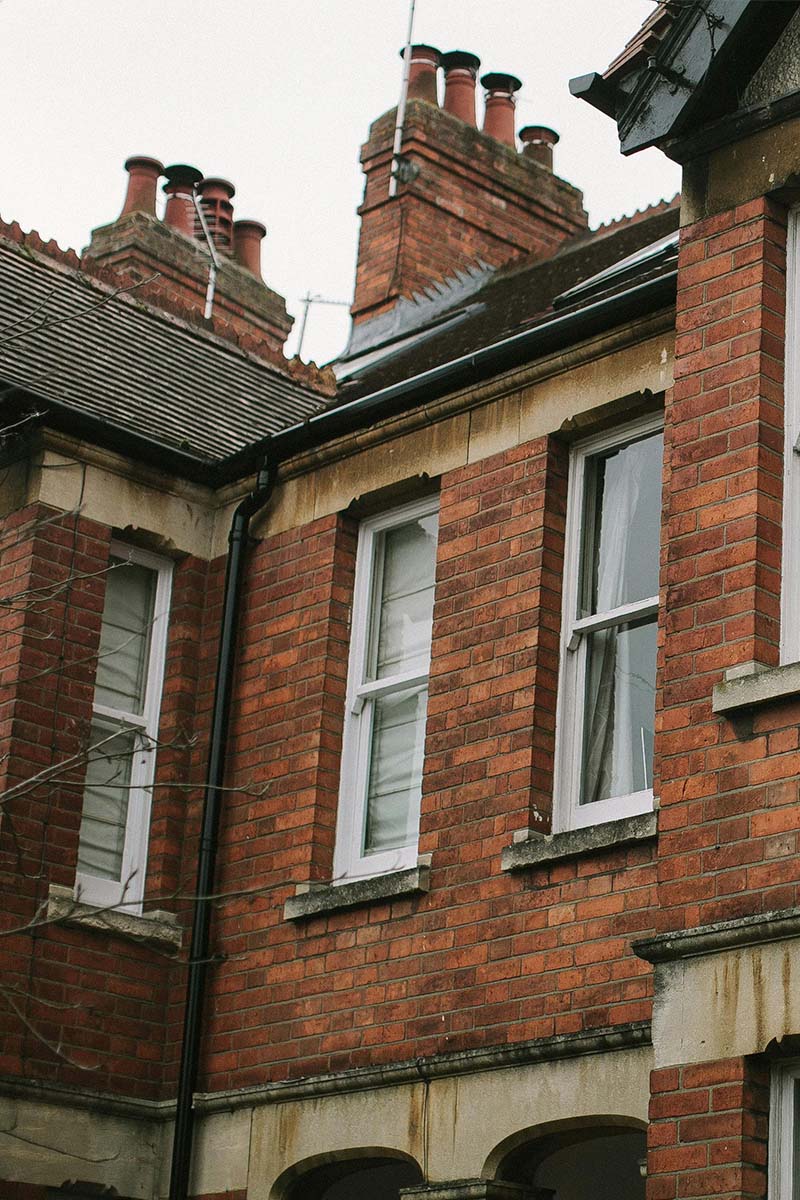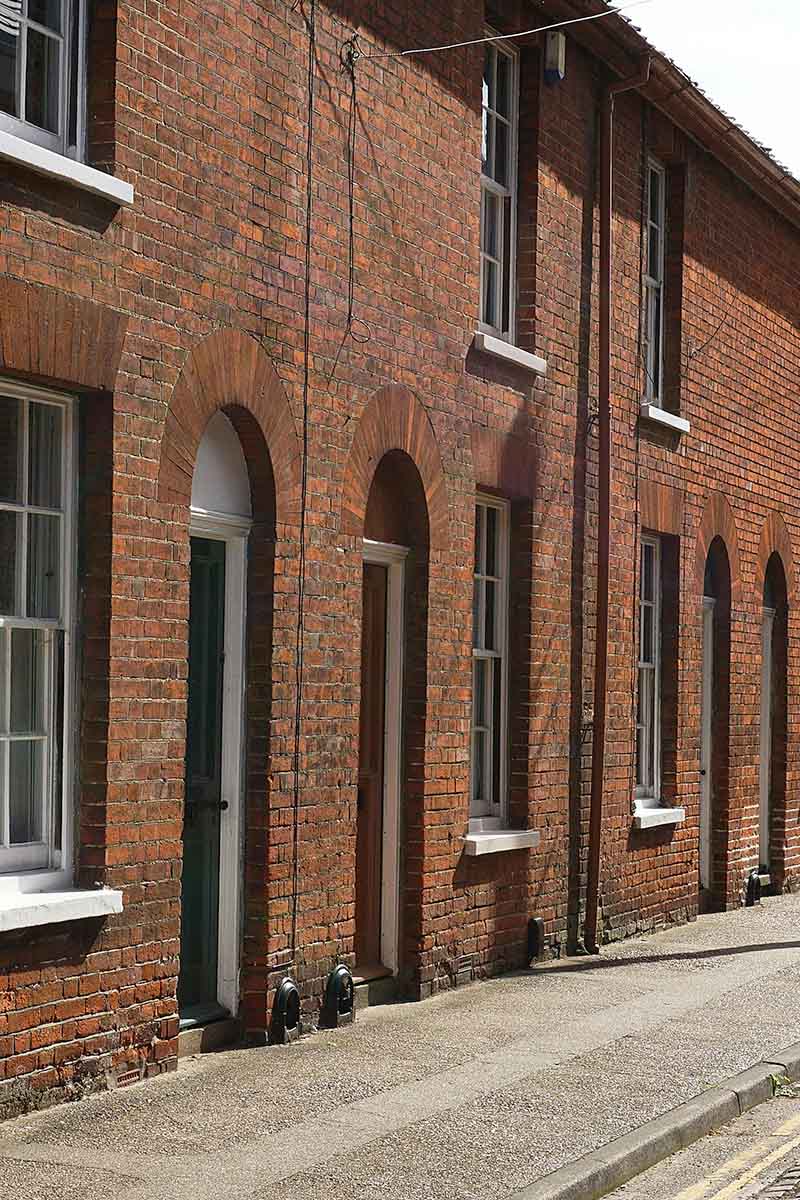What is the 12-week property disregard rule for care home fees?
When someone moves permanently into a care home in the UK, the value of their main home is usually included in the financial assessment to decide how much they must pay towards their care. But under the 12-week property disregard rule, the value of your home is ignored for the first 12 weeks. This gives people time to plan without an immediate forced sale. Local authorities contribute to care costs during this period, and further support may be arranged afterwards.
The 12-week property disregard rule means:
- Your main home’s value is not counted in your financial assessment for the first 12 weeks after moving permanently into care.
- Eligibility requires your other savings to be below the capital threshold (£23,250 in England, £24,000 in Wales).
- The local authority pays a standard contribution during this period, though top-ups may be needed if your chosen home is more expensive.
- If a spouse or partner remains living in the home, the disregard continues beyond 12 weeks.
- After 12 weeks, the property value is included unless you arrange a deferred payment agreement.
This rule provides breathing space for families to consider selling, renting, or arranging other finance to cover long-term care fees.

How the 12-week disregard works
The disregard starts from the day you move permanently into a care or nursing home. For the next 12 weeks, the council excludes your main home’s value from the means test.
To qualify:
- You must have been living in the home as your main residence immediately before entering care.
- Your move into care must be permanent (not respite care).
- Your savings must be below the threshold.
During this time:
- The council contributes towards your fees based on its standard rates.
- You contribute from income such as pensions or benefits.
- If the care home is more expensive than the council’s rate, a top-up payment may be needed from your savings or family.
Worked example
Here, the local authority covers £500, the individual pays £300 from income, and the family tops up £200. The home’s value is ignored until week 13.
What happens after 12 weeks?
Once the 12 weeks pass:
- The property’s value is counted in your financial assessment.
- If the home is unsold, you may enter a deferred payment agreement with the council, which effectively lends you money to cover fees, reclaiming it when the house is sold.
- If you decide to sell, the proceeds will usually go towards funding care.
If a partner, relative aged over 60, or dependent child is still living in the home, the disregard can continue indefinitely.
Joint ownership and partners
- If the property is jointly owned, only the resident’s share is assessed after the 12 weeks.
- If your partner continues to live in the home, its value is disregarded entirely while they remain there.
- If your partner later moves into care or passes away, the property can become assessable again — sometimes triggering a new 12-week disregard.
When the rule does not apply
The property disregard won’t apply if:
- You were renting or living with relatives before moving to care.
- You had already been self-funding your care before asking the local authority for support.
- The move into care is temporary or respite-based.
Legal duties and disclosure
Under UK consumer law, families must disclose relevant information about property sales — including nearby crime, disputes, or care-related obligations. If the home is later sold during or after the 12-week period, it must be marketed transparently to avoid future legal disputes.
Save time and hassle by selling your home with us
Get a guaranteed cash offer on any property in England and Wales. All you need to do to get started is enter your address below.
Example scenarios
Scenario 1 – Partner still in the home
Margaret moves into care, leaving her husband in their family home. The property is disregarded both during the 12-week period and beyond, as long as he continues to live there.
Scenario 2 – Joint ownership
Alan and his sister jointly own a house. When Alan moves into care, only his share of the property is counted after 12 weeks. His sister’s share remains excluded.
Scenario 3 – Property unsold after 12 weeks
Nadia moves into care and her home has not sold after the disregard ends. The council offers a deferred payment agreement, meaning they pay the fees and recover the debt once the property is sold.
FAQs
Does the 12-week property disregard apply everywhere in the UK?
Yes, but the savings thresholds differ slightly (£23,250 in England, £24,000 in Wales, and separate rules apply in Scotland and Northern Ireland).
What if my partner moves out during the 12 weeks?
The disregard may end early, as the property is no longer someone’s main home. The council may then count its value in the assessment.
What happens if I return home from care within 12 weeks?
If your move turns out to be temporary, the disregard ends, and the property is not taken into account.
Can the council force me to sell my home after 12 weeks?
No. They may suggest a deferred payment agreement so fees are covered until you choose to sell.
Does renting out the home affect the disregard?
Yes. If you rent it out, the rental income will be included in your assessment even if the property value is disregarded.
Recap: the 12-week property disregard rule
- Gives families breathing space when someone moves into permanent care.
- The property’s value is excluded for 12 weeks, but income and savings still contribute.
- After 12 weeks, the home is included unless protected by a relative living there or deferred payment agreement.
- Joint ownership, top-ups, and local authority rates all affect how much you pay.
- Always seek professional financial advice before making decisions about selling, renting, or deferring.
Thinking of selling a house linked to care fees?
If selling your home feels overwhelming, or you need a fast, guaranteed sale to plan care costs, Habello can help:
- Fair market valuation.
- Final cash offer within 48–72 hours.
- Flexible sale timeline to suit your schedule.
- No legal fees when using our partner solicitor.
Property owners are choosing Habello for a faster, easier and less stressful way to sell
Sell your home quickly for cash by accepting an offer just below market value. See how we compare to your other options by using the calculator below.
Related guides
Bring yourself up to speed with our property guides.





